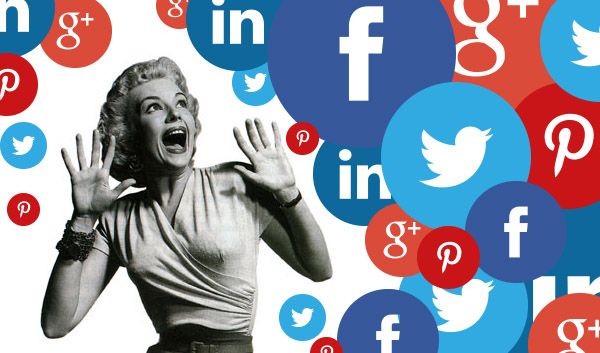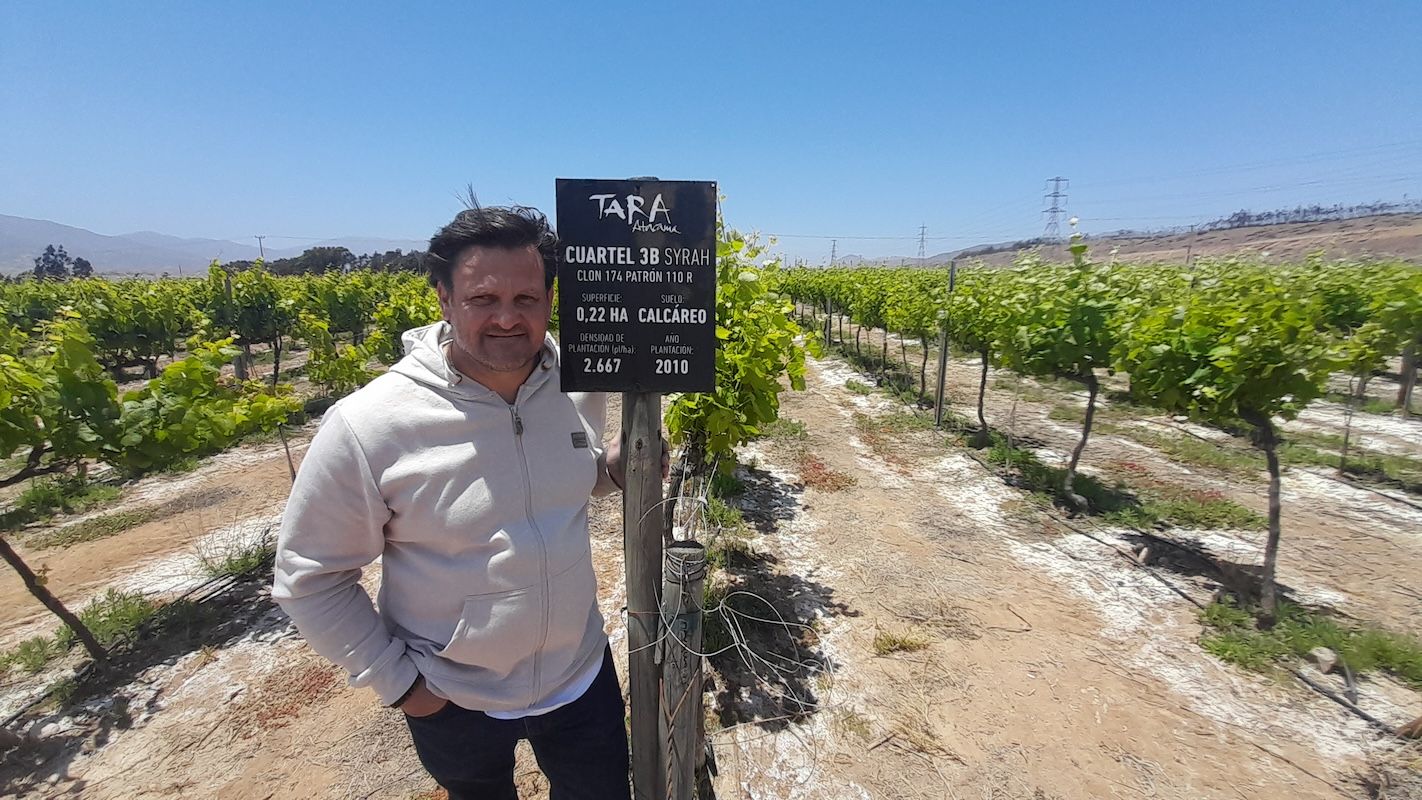In typically hard hitting, but insightful fashion, Joe Fattorini gives it both barrels on why drinks businesses of all sizes should think twice before investing in social media campaigns.
Joe Fattorini says businesses should be very careful how much time and money they invest in social media unless they really understand how to use it and what they want to achieve with it
Social media feels great, doesn’t it? A chance to interact directly with wine lovers. Cut through the marketing middle-man. Get the punter in front of the winemaker, digitally, no matter where they are. Or is it? If you’re a wine producer, agent, importer or retailer wondering if you should jump in, maybe take a moment to look at the numbers. They tell a different story.
It turns out most consumers aren’t that keen on hearing from you. More than 60% of consumers say they don’t want to engage with brands on social media. Probably one reason why more than two thirds of companies who invest in social media see no return on their investment. Often losing a lot of money.
Like the big bank who decided to get serious about social media engagement. They employed a team of six people to work on it. The result? Of their 12,000,000 customers, fewer than 300 a week interacted with them on their principal social media tool, Facebook. 0.000025% of their customers.
We’re not banks. We’re in the business of wine. With its wafer-thin margins, multi-tasking team members and the pressures of declining consumption, consolidating supply chains, volatile exchange rates and punitive duty. Shouldn’t we be cautious about putting money behind social media, when businesses like that bank would have been better off simply asking each of their social media team to telephone eleven customers a day?
The problem isn’t with social media. It is remarkable. Three hundred million Twitter users all equally accessible to each other. Almost 1.8 billion active monthly users on Facebook. But it’s fatal to your bottom line to look at social media without integrating it into your overall marketing strategy. Yet less than half of companies do that.
Part of the answer
That’s just plain daft. Social media is one part of promotion. Itself just one of the famous four P’s of marketing tactics along with product, place and price. Seven P’s if you are a service business. And wine companies in the UK are service businesses. Those seven P’s are in turn the tactical tools used to execute the strategy of market positioning, orientation, targeting, consumer and competitor analysis and so on.
Social media is important. But it’s a smallish part of a smallish part of a tactical toolbox used to execute a well-thought out strategy. I spent three years at business school, another two years of post-graduate study, another two years of continuing professional development, all to become a Chartered Marketer. A level of skill and expertise shared with Chartered Accountants, Chartered Surveyors and Chartered Engineers.
I learned there’s more to marketing than taking a few snaps and sending out press releases. The skills and disciplines of marketing remain even in a world that now happens to have Twitter. No matter what social media evangelists would have you believe.
Measuring success
Social media can make a lot of noise; the skill is what impact that has on the bottom line
True marketers don’t need to embrace or reject social media. And neither do you, because it’s not a matter of faith. When you’re online you don’t engage with ‘countless consumers’. You engage with very-much-countable consumers. You can quantify how valuable that precisely-measured audience is.
I’m on Twitter (@joefattorini) and tweet quite a lot. I just looked at a recent, reasonably popular tweet. It had just shy of 10,000 ‘impressions’ but nearer 1,300 ‘engagements’, a more useful number. Of those people 832 people looked at the picture (showing a fat Joe and a skinny Joe) and 139 people looked to see who I was on my profile. You can do the same with every tweet you send and then judge if the effort was worth it. And compare it with other media too.
But here’s the rub. Recall that ‘impressions’ number. It was 10,000. Compare that with the 100,000 or so people who saw my most-viewed ‘tweet’. A tweet that was picked up by The Daily Mail and run in that most boring, old hat, passe of communications dinosaurs… print media. The same antediluvian rest-home of dreary, old fashioned PR campaigns using snaps and press releases. The same medium we’re told has been made redundant by the immediacy and direct engagement of social media.
We’re the wine trade. We don’t have money to fritter on frippery or fads. Social media may have a place in your promotional toolbox, informed by the objectives of your marketing strategy. Social media may provide a better return than other media depending on your pricing, your distribution channels, your product. Not to mention your overall market orientation and targeting strategy.
Social media may very well become more important in time. But right now, remember most social media users don’t want to hear from you. You almost certainly haven’t done the necessary groundwork to make it a success. And you’ll probably lose money indulging in it.
- Do you agree? If you would like to share your thoughts and experiences about social media then either comment on this article or if you would like to write a piece yourself then email Richard Siddle at editorial@the-buyer.net.










































